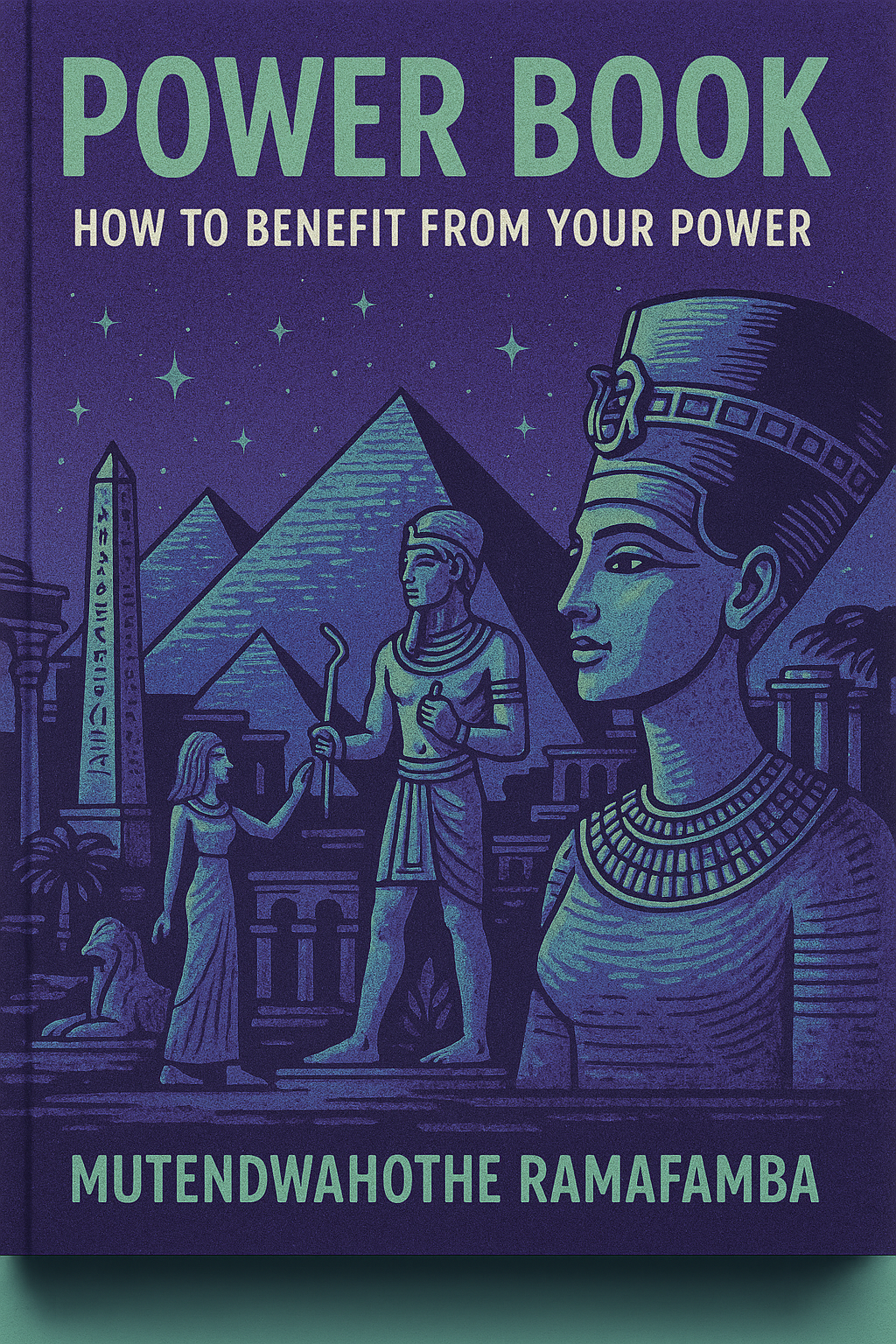Skip to product information


Sale price
R 11.99
Regular price
R 260.00